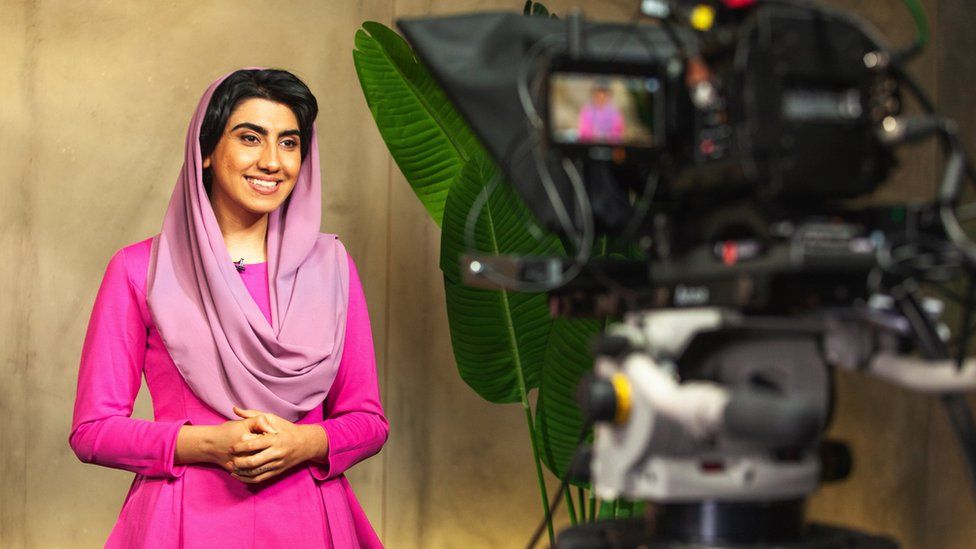-

-
-
Loading

Loading

The BBC Dars program, which is banned in Afghan schools, has been described by the United Nations as a "learning lifeline" for children in the country. The show, named after the word for lesson in Afghanistan's official languages, Dari and Pashto, is secretly being used in underground school lessons. The Taliban prohibits girls from receiving secondary or higher education, leaving many teachers like Afsana, who lost her job at a girls' secondary school, to set up secret schools instead. These schools, like the one Afsana runs, are equipped with minimal resources such as a whiteboard and a phone to download and play short videos of the BBC Dars program for the students. The program, now in its second series, features female BBC journalists who fled Kabul two years ago when the Taliban returned to power. Yasmine Sherif, the executive director of Education Cannot Wait, a global fund for children's education in crisis, emphasizes that any form of learning provides hope and opportunity. While the program helps keep students connected to education, it cannot replace attending school. The Taliban promises that girls' education will resume once a curriculum aligned with Islamic and Afghan traditions is established, but many Afghan observers doubt this and feel their hopes of reopening schools have been quashed by increasing restrictions on women. Young women like Razia and Amina, who are unable to attend school, find solace in watching the BBC Dars program, as it gives them a sense of control over their lives and provides hope for the future. The program serves as a lifeline for education for children in crisis, but until girls are allowed back into the classroom, their prospects in Afghanistan remain bleak.